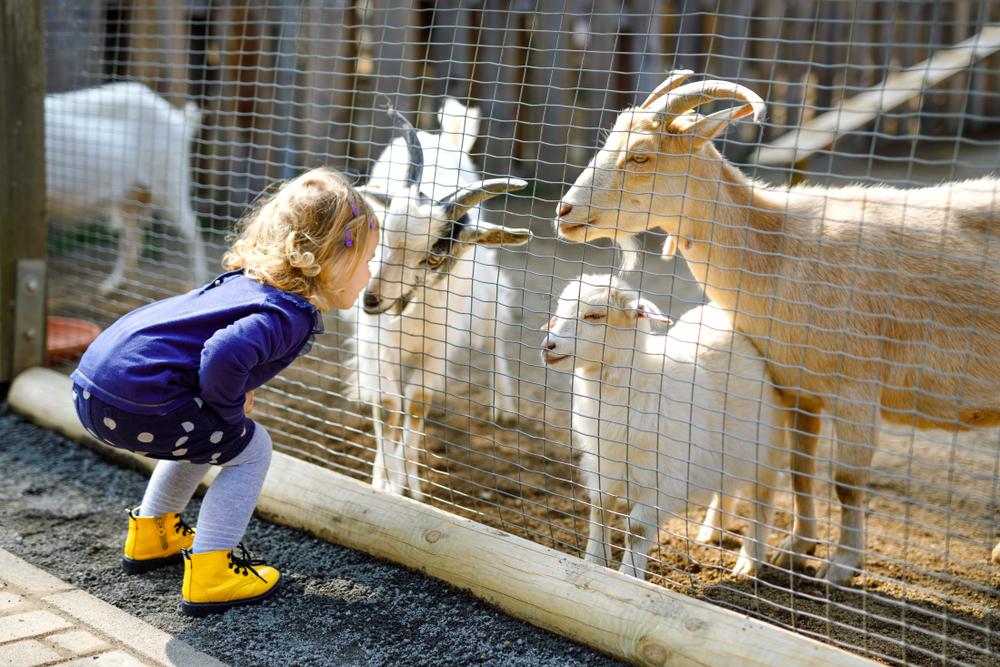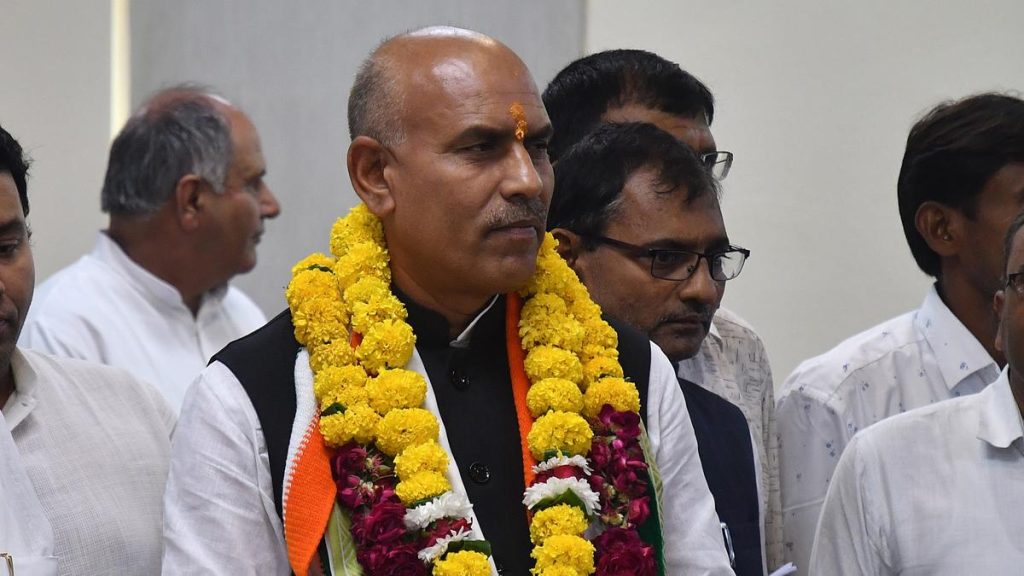Now Reading: Your Social Life May Shape How You View Animals as Human-Like
-
01
Your Social Life May Shape How You View Animals as Human-Like
Your Social Life May Shape How You View Animals as Human-Like

Quick Summary
- anthropomorphism, the tendency to attribute human traits to animals, significantly influences conservation efforts, favoring species that appear more “human-like.”
- A new study surveyed over 740 participants from Brazil, Indonesia, Mexico, Malaysia, and Spain to examine the impact of social factors on anthropomorphism.
- Key findings: Social isolation increases the likelihood of anthropomorphizing animals; allocentric individuals (those reliant on others) are also more prone to this behavior.
- Education and experience with animals influence perceptions differently: Less educated individuals tend to assign human characteristics to animals, but contrary to conventional theories, those with urban experience with animals may also view them as more human-like.
- Anthropomorphism impacts conservation both positively and negatively by prioritizing “charismatic” or easily relatable species while potentially overlooking less “aesthetic” ones.
Indian Opinion Analysis
The findings shed light on how deeply perceptions influence conservation strategies globally – a relevant concern for india as it strives to balance biodiversity preservation across varied ecosystems. With India’s rich wildlife ranging from majestic tigers that may easily attract funding due to their charisma to less popular species like endangered frogs and insects critical for ecosystem health but lacking public emotional resonance – prioritization shaped by anthropomorphic tendencies could be detrimental.
Additionally, understanding the impact of social isolation in encouraging empathy towards animal life might offer insights into promoting grassroots conservation movements among urban populations in India where loneliness can be prevalent amidst migration trends. The challenge for Indian policymakers is ensuring unbiased support across all species while leveraging these psychological insights cautiously without reinforcing biases in ecological management strategies.
Read More: Do We Care More About Conservation for Species That Are Aesthetic?
























